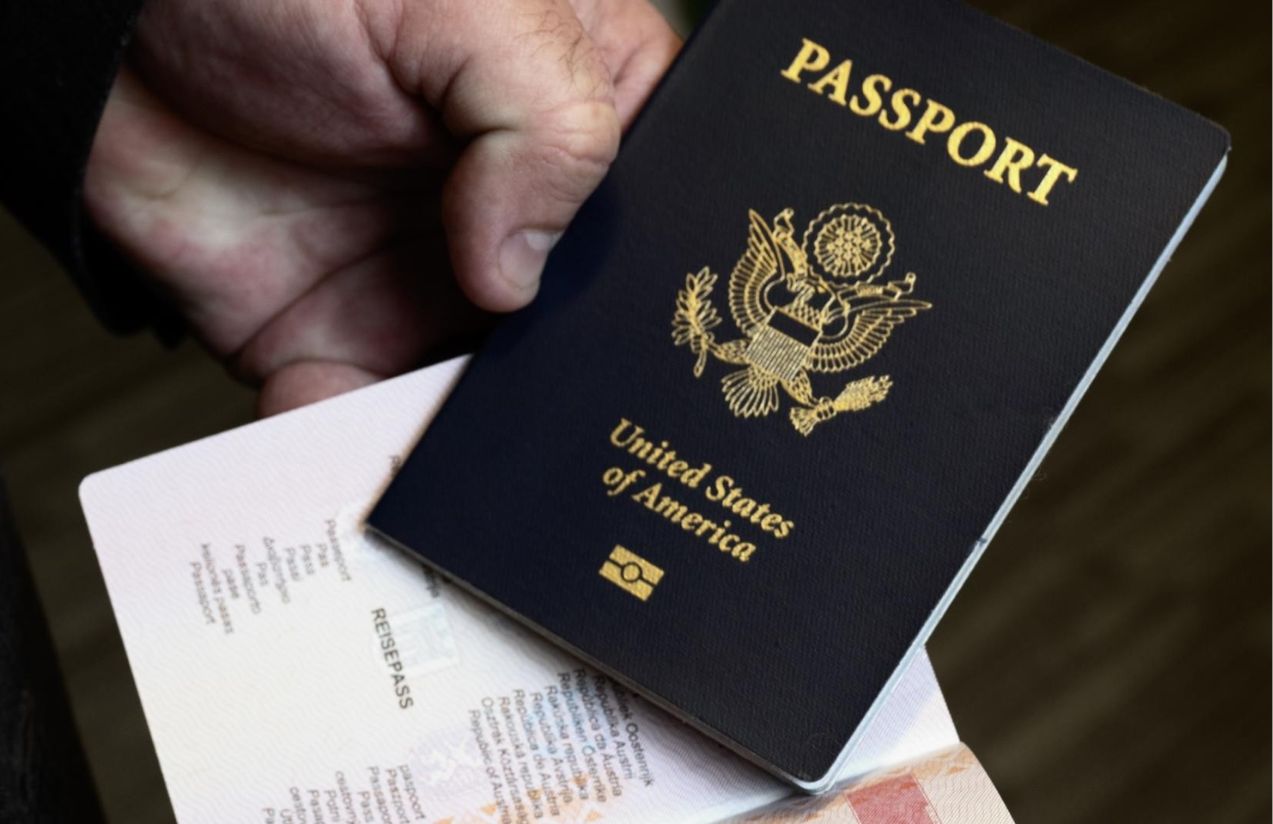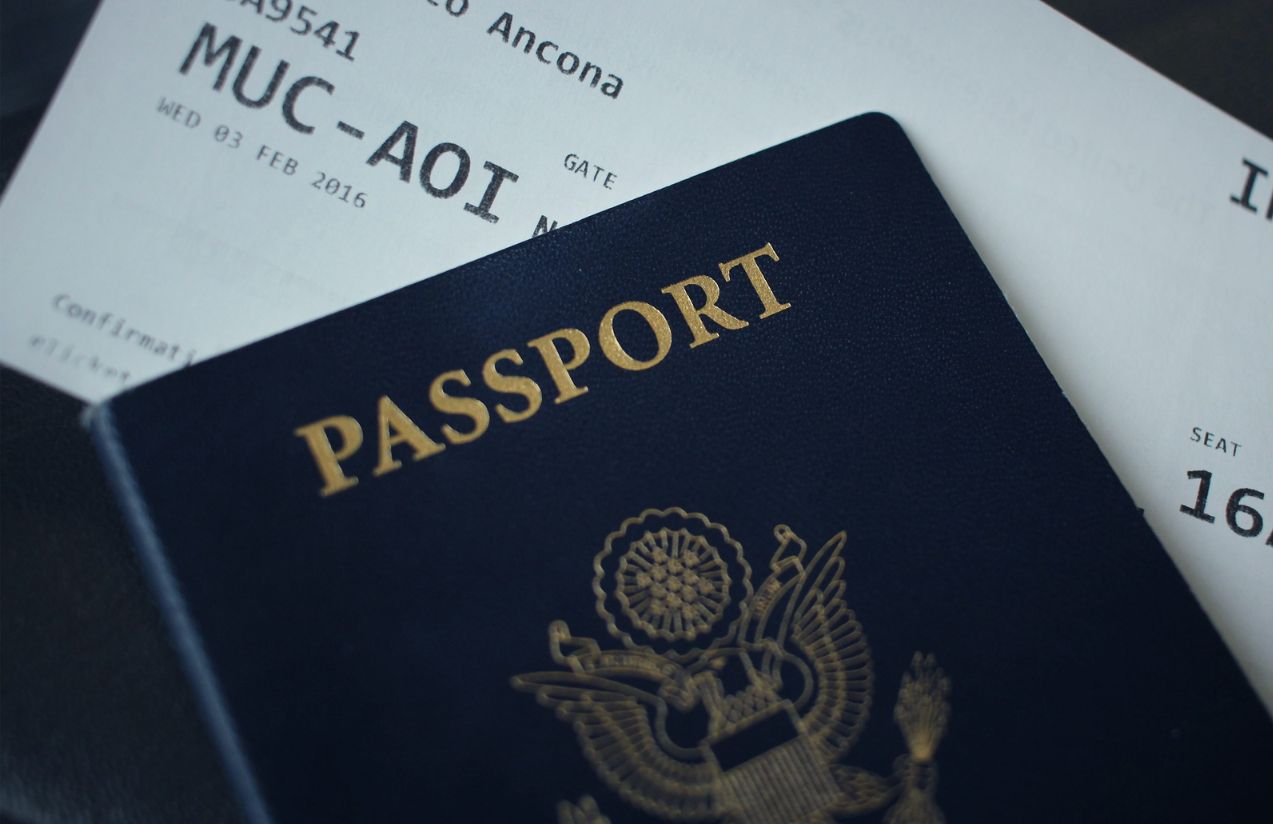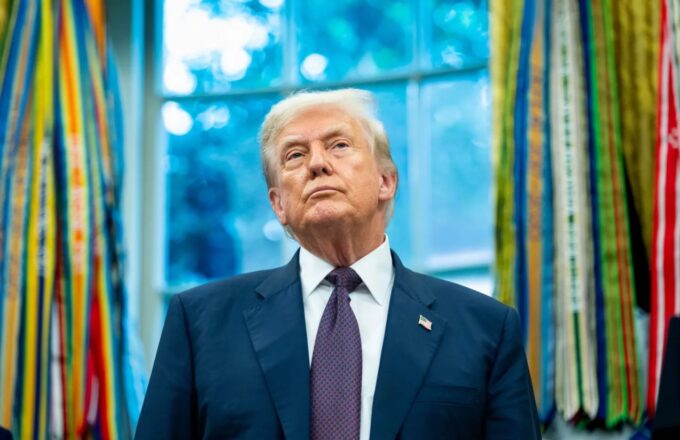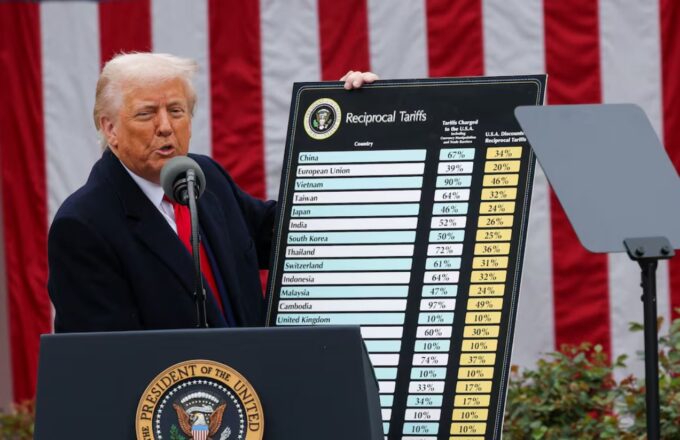It’s incredible, but for the first time in 20 years, the United States passport has fallen out of the world’s top 10, landing in 12th place, according to the Henley Passport Index.
This index measures how many destinations a passport holder can visit without needing a prior visa. The U.S. passport now grants visa-free access to 180 countries, a figure it shares with Malaysia.

Experts attribute this decline to stricter immigration policies, reduced reciprocity in visa agreements, and recent policy changes in countries like Brazil and China, which no longer offer visa-free entry to United States citizens.
¿What does this change mean for Americans?
Beyond a symbolic blow to national prestige, it represents less freedom of movement. Many citizens may feel the need to seek dual citizenships or plan their travels with more restrictions.
This drop marks a shift in the global landscape of soft power, where the world’s most powerful passports are no longer defined by prestige alone, but by genuine openness and mobility.













